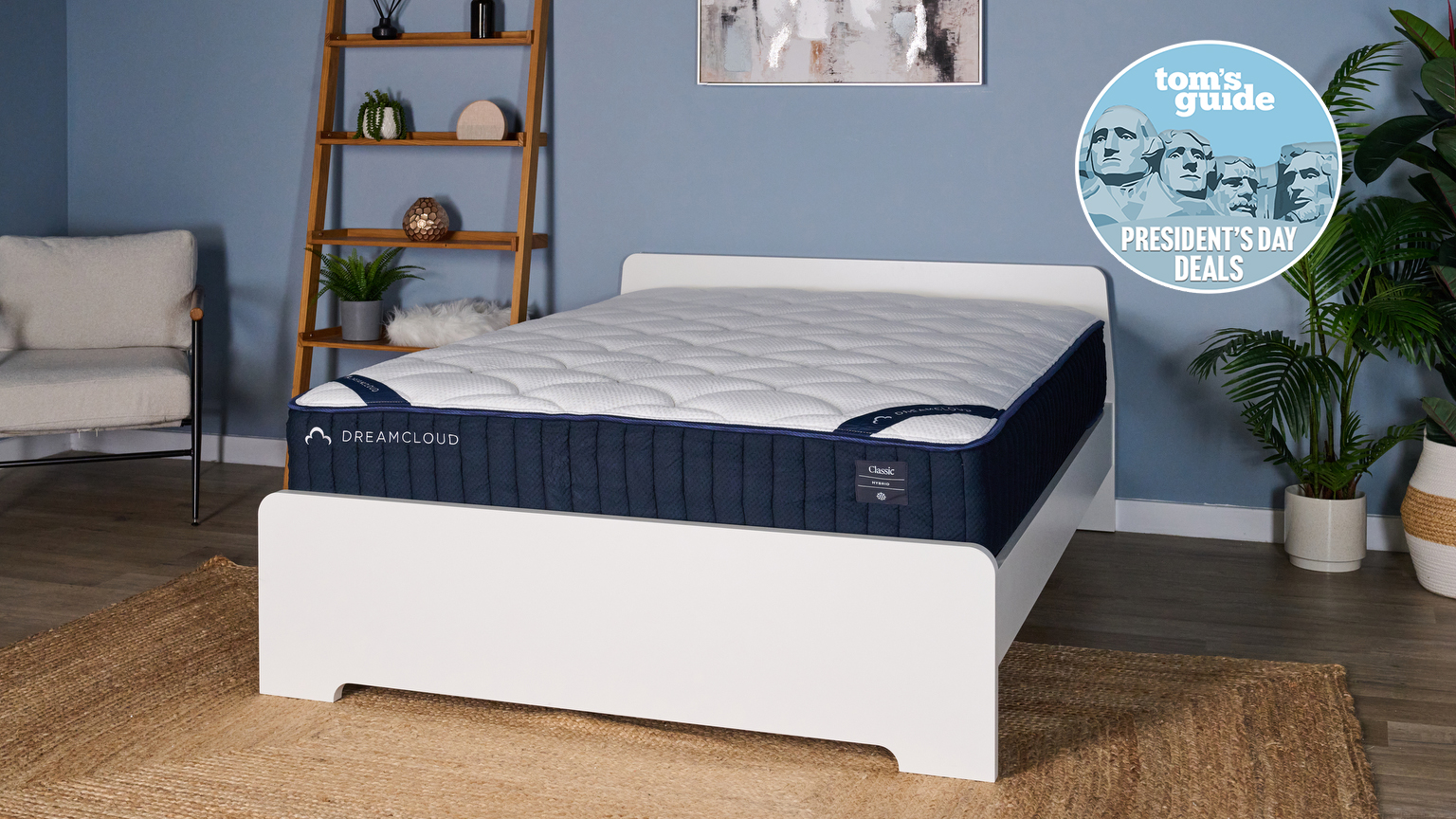5 tips to make your grill last longer — and perform better
We’ve found 5 ways to make your grill last longer for more cookouts this summer
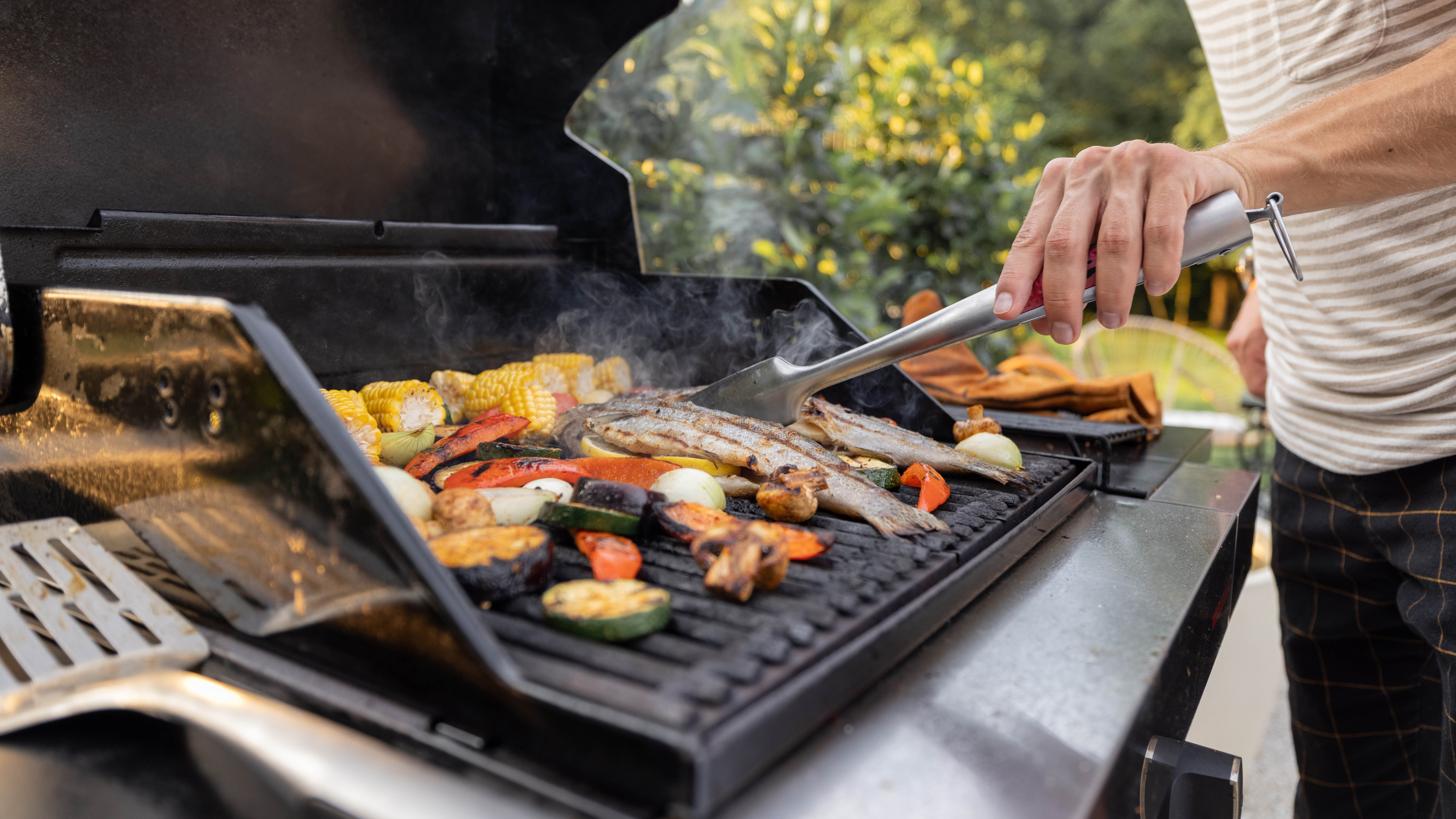
Here at Tom’s Guide our expert editors are committed to bringing you the best news, reviews and guides to help you stay informed and ahead of the curve!
You are now subscribed
Your newsletter sign-up was successful
Want to add more newsletters?

Daily (Mon-Sun)
Tom's Guide Daily
Sign up to get the latest updates on all of your favorite content! From cutting-edge tech news and the hottest streaming buzz to unbeatable deals on the best products and in-depth reviews, we’ve got you covered.

Weekly on Thursday
Tom's AI Guide
Be AI savvy with your weekly newsletter summing up all the biggest AI news you need to know. Plus, analysis from our AI editor and tips on how to use the latest AI tools!

Weekly on Friday
Tom's iGuide
Unlock the vast world of Apple news straight to your inbox. With coverage on everything from exciting product launches to essential software updates, this is your go-to source for the latest updates on all the best Apple content.

Weekly on Monday
Tom's Streaming Guide
Our weekly newsletter is expertly crafted to immerse you in the world of streaming. Stay updated on the latest releases and our top recommendations across your favorite streaming platforms.
Join the club
Get full access to premium articles, exclusive features and a growing list of member rewards.
Grilling season is here! That means, with every sunny weekend, we’re finding an excuse to fire up the best grills and host a cookout. The trouble is, even if you take every care to avoid these 7 grilling mistakes you didn’t know you were making and follow these 5 tips to prep your grill for summer, there are still bad habits which can take their toll on your grill.
Such actions can impact your grill’s performance and even reduce its overall lifespan. If you’re keen to get the most from your grill, we’ve pulled together 5 ways to make your grill last longer and perform better. Follow our advice and your grill will stay in tip top condition throughout the summer.
Plus, you'll need to have one of the best grill brushes.
1. Take time to clean it
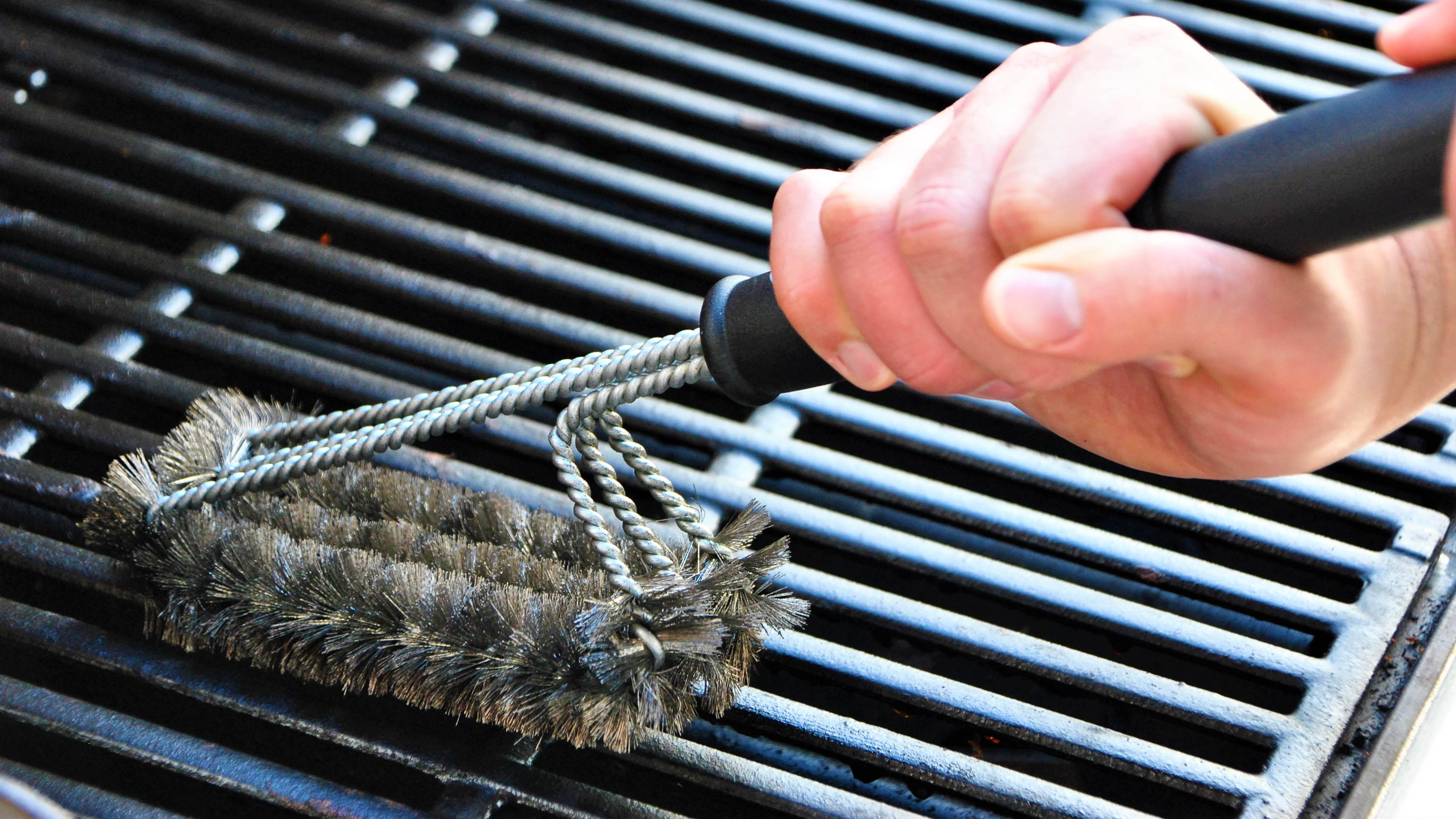
Our number one tip is taking the time to clean your grill. This is a chore many of us put off, mainly because grills are often large, cumbersome and awkward to clean. Plus, grilling can leave residue caked onto the appliance, which is stubborn to remove. Regardless of this, cleaning your grill is essential.
If you fail to clean your grill between uses, flavors from your previous cookout can contaminate whatever you cook next. Add to that, bacteria, germs and unwanted substances, including carcinogens, can spread across as well. In terms of the grill itself, leftover residue can affect the overall heat distribution, deterring its performance. In severe cases, a dirty grill will eventually struggle to function, with blocked internal components, such as the burners.
So cleaning your grill is a crucial part of maintaining it and helping it to last. We recommend cleaning the grates and removing any obvious residual food after each use. You can use a sturdy grill brush to help you along with this, such as the Grillart Grill Brush Bristle Free & Wire Combined BBQ Brush ($12.67, Amazon). Just make sure the brush is suitable for the material you’re scrubbing, otherwise you can resort to a microfiber cloth. If you purchase a grill brush with bristles, make sure it’s a high quality design, as these have been known to break off during cleaning.
A deep clean will be required every 2-3 months, where you disassemble the grill and get into all the nooks and crannies, although you may want to do this more often depending on use. The specific instructions will depend on the type of grill you have, but for guidance, check out how to clean a grill.
Get instant access to breaking news, the hottest reviews, great deals and helpful tips.
2. Don’t cook anything on it you shouldn’t
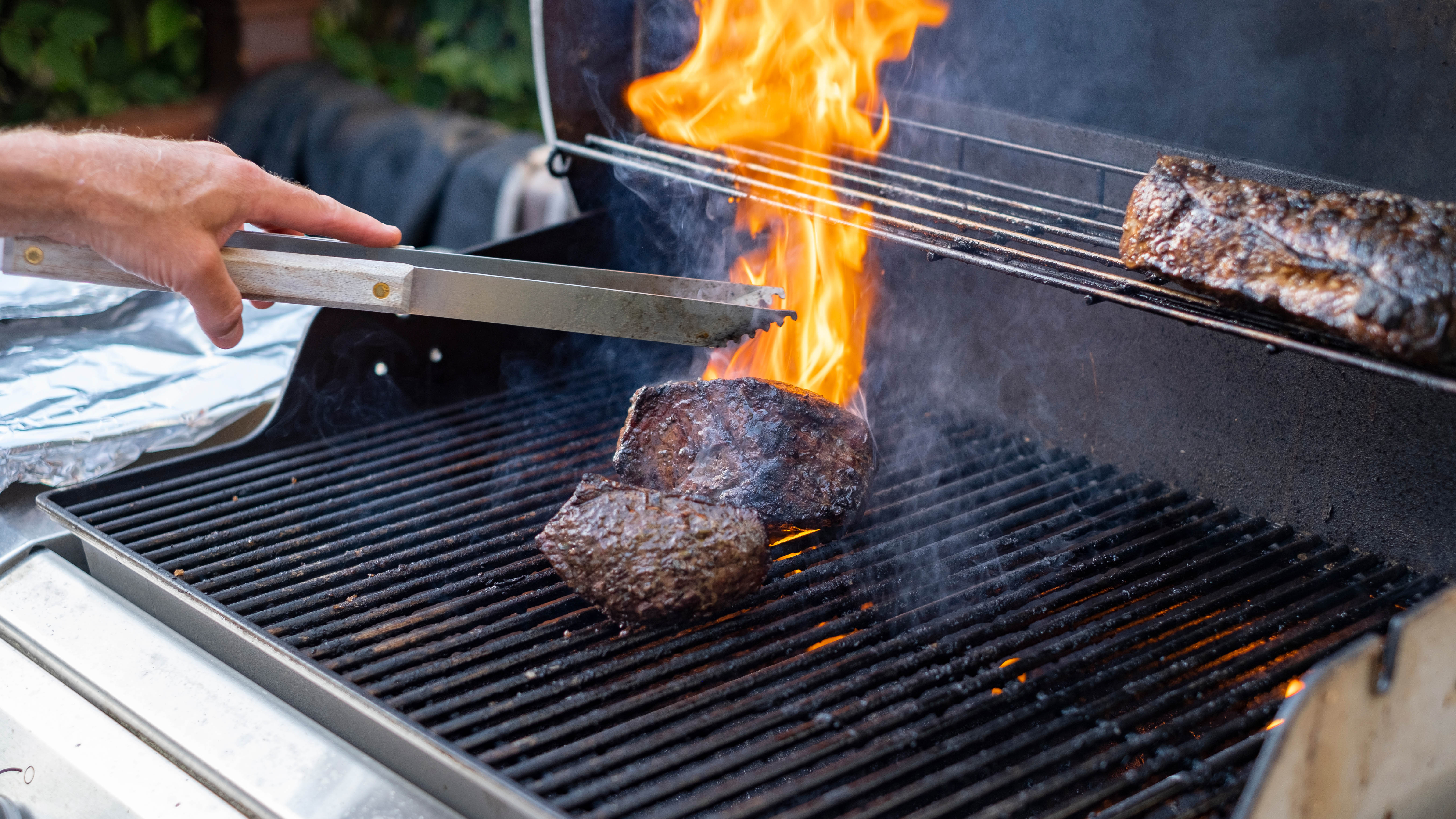
Believe it or not, grills can’t cook everything. There are certain foods which will create nothing but a mess when you try to cook them. Failing that, some ingredients can even pose a fire hazard. For instance, bacon produces a lot of grease as it cooks — grease which can easily catch fire when exposed to an open flame.
Fatty foods in general can cause flare-ups on a grill. This happens when the residual grease drips down into the fuel source — often charcoal. Flare-ups are a natural occurrence of grilling, but you’ll want to keep them to a minimum because they can ruin your food and pose a safety hazard should the flame get out of control.
Try to limit the amount of fat and oils which are exposed on your grill to avoid flare-ups — trim meat joints and marinate sparingly before grilling. Move food away from the fire should a flare-up occur, away from the coals or fuel source.
Don’t let residual grease accumulate in your grill either, otherwise this can pose its own grease fire hazard. Make sure this is checked after every use as part of your cleaning routine.
Check out 7 foods you should never cook on a grill.
3. Store it correctly
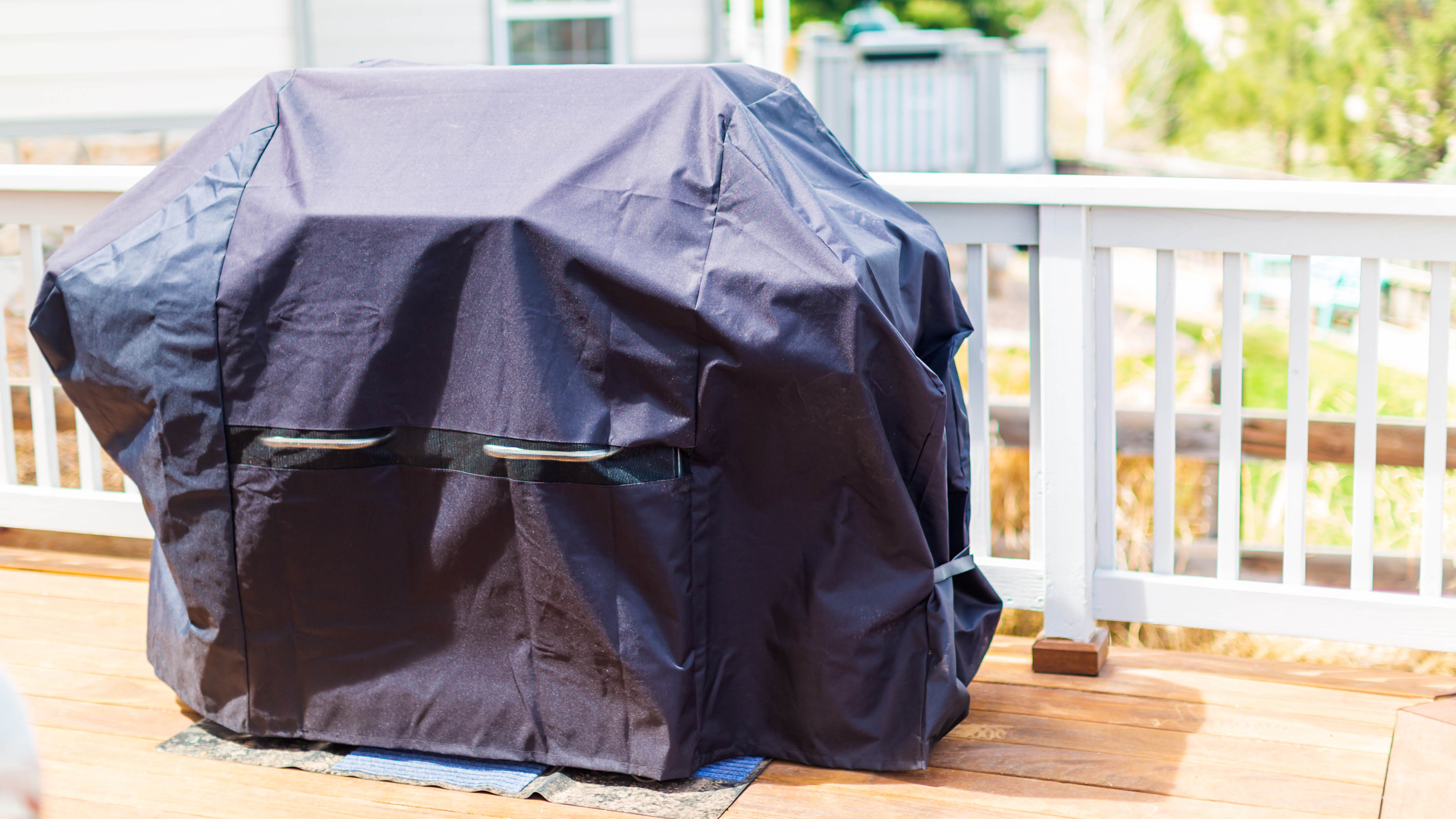
When your grill is not in use, it should not be left exposed to the elements. Weathering can cause all sorts of damage — rust being a prime candidate. Prolonged exposure to sunlight can also cause fading and wildlife in itself can lead to scratches and dents.
Between everyday use, and once it’s dry from cleaning, close the lid and apply a waterproof cover, such as the Grillman Premium Grill Cover for Outdoor Grill ($36.99, Amazon). A suitable cover can go a long way in helping your grill last longer.
If your grill has propane tanks, be sure to switch these off between uses too. This prevents a gas leak should the grill be accidentally switched on, or should wildlife chew through the gas hose. Leaving the propane tanks switched on permanently can also cause a reduced gas flow from the grill, which prevents it from reaching full temperature in the future. Ultimately, for the sake of safety as well as your grill’s performance, leave propane tanks switched off when not in use.
Should you be storing your grill for a prolonged period of time, such as over winter, it’s best to disconnect the propane tanks and bring the grill indoors for shelter. A shed or garage can make for ideal spots. Keep the cover in place to ward off pests. Be sure to leave the propane tanks outdoors at a safe distance though.
4. Pay attention to your grill grate
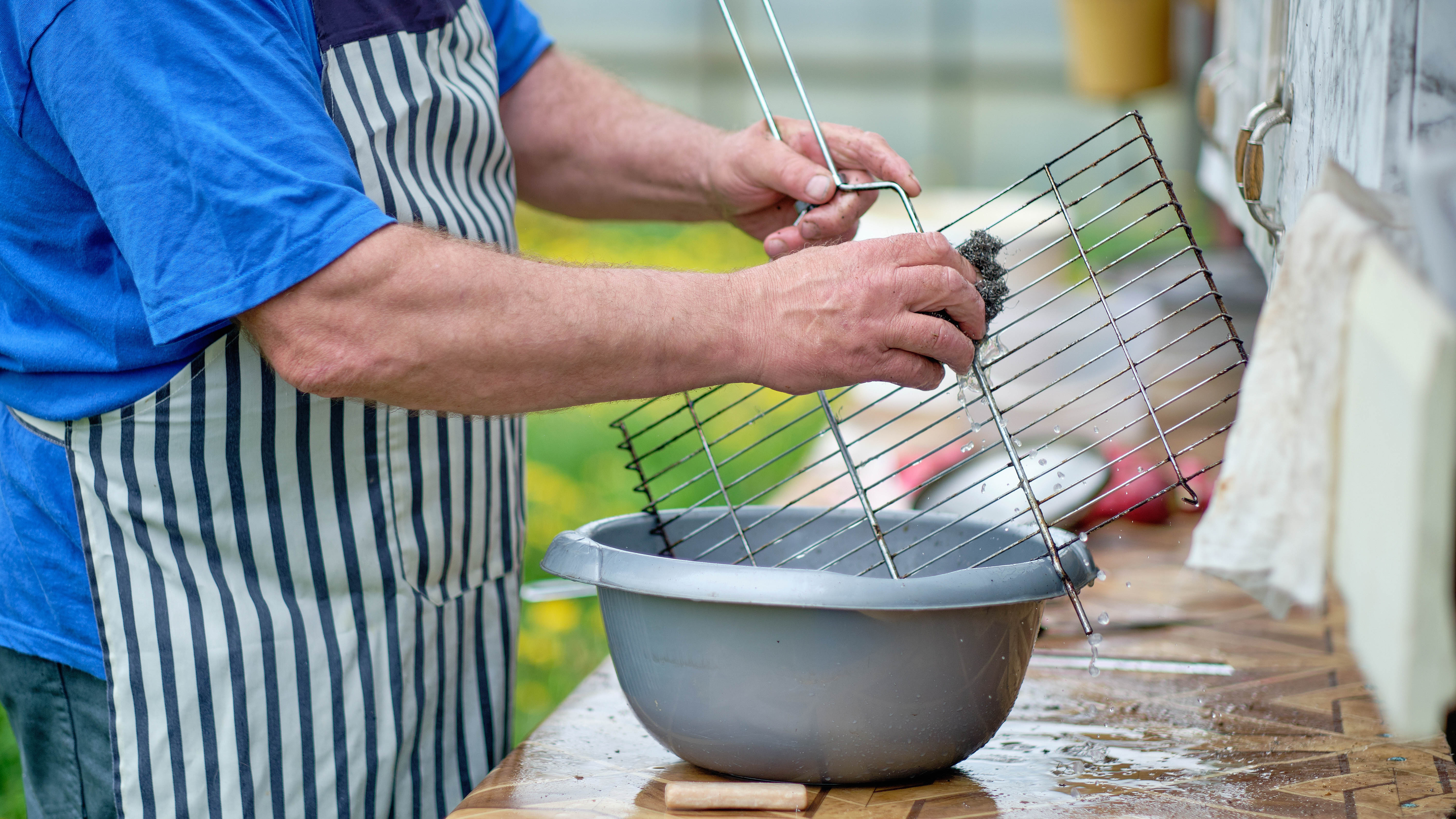
Grill grates come in a range of materials. Some are stainless steel, while others are porcelain-coated or just plain old cast iron. Depending on which you have will affect the cooking performance as well as the best cleaning method. But, on top of that, it will also impact the available tools and accessories you can use.
Porcelain-coated grates are easily scratched, and a typical steel brush used for everyday cleaning may leave its mark. So, you want to use a softer-option designed for such a surface, such as a microfiber cloth or a nylon brush. The Grillaholics Essentials Nylon Grill Brush ($24.95, Amazon) is a suitable option.
Cast iron is pretty resistant to scratches by comparison, but it’s no friend to water. If cast iron is exposed to water for a long period of time, whether it’s soaked or even if it’s left to air-dry after washing, this can encourage rust. So take extra care when it comes to cleaning this surface to help it last longer.
It goes without saying that you should only ever use your grill tools for their designated purpose and nothing else. You could damage your grill grate and create a safety hazard if not.
5. Keep an eye out for rust
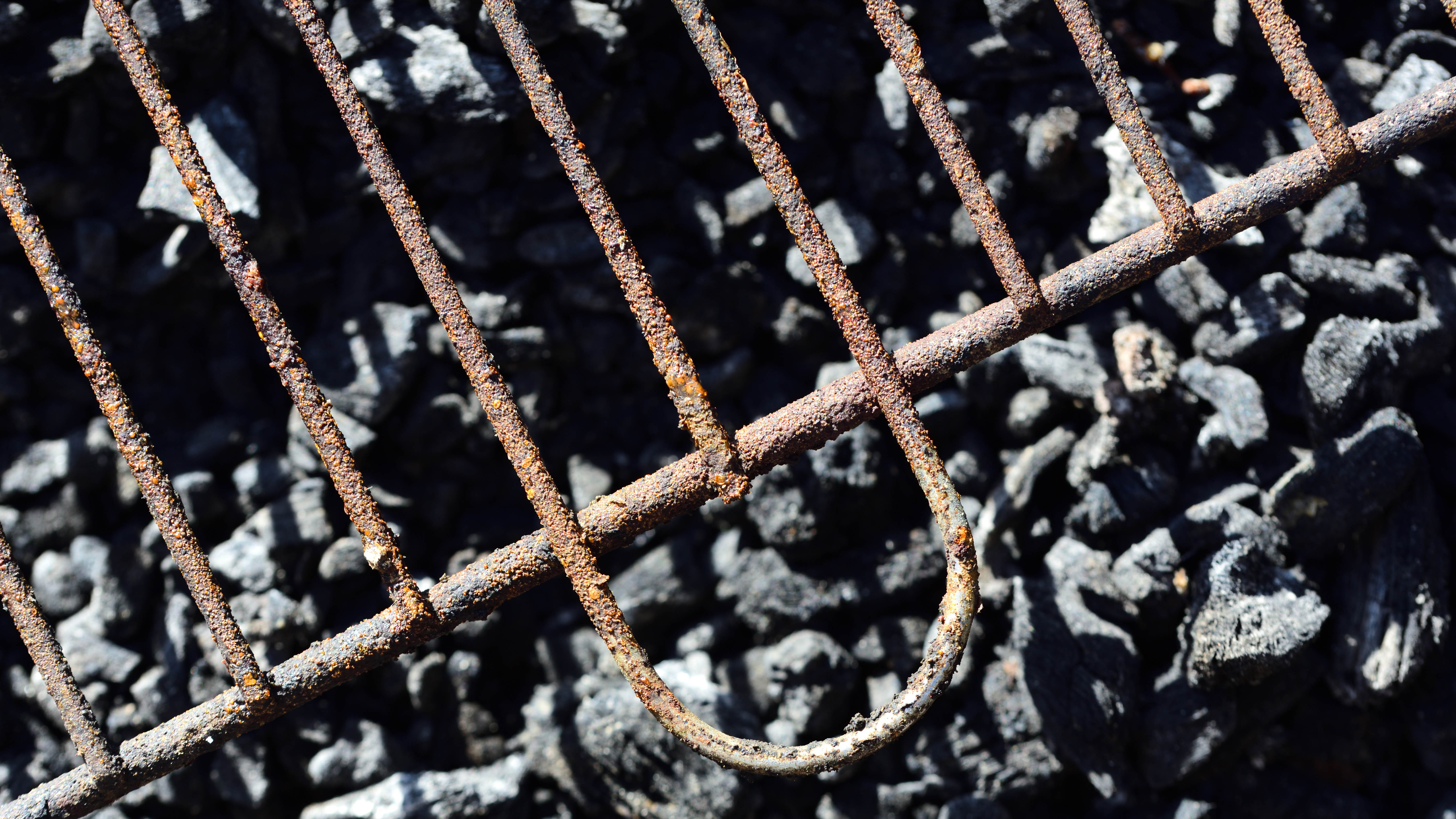
While you might make every effort to clean your grill and store it correctly, rust can still occur. This happens when your grill is exposed to moisture and humidity — it often appears on the grill grates, but spots can show all over the body. If you notice rust on your grill, deal with it as soon as possible. The longer you leave it, the more tricky it can be to remove. You also don’t want it impacting the flavor of what you cook, or bits of it breaking off into your food.
To remove rust, you can either buy a dedicated rust cleaning solution which suits the surface of your grill, or you can mix your own homemade cleaner. Simply combine distilled white vinegar with baking soda to create a paste, then apply it to the rusty spots on your grill grate and leave it to sit for 30 minutes. Once time is up, scrub with warm, soapy water and rinse. Try to keep your grill as dry as possible in the future to prevent further rust from developing.
More from Tom's Guide

Katie Mortram used to be a Homes Editor for Tom's Guide, where she oversaw everything from kitchen appliances to gardening tools, as well as smart home tech. Specializing in providing expert advice for cleaning and home manintenance, she now works as Household Advice Editor for Good Housekeeping.
 Club Benefits
Club Benefits










